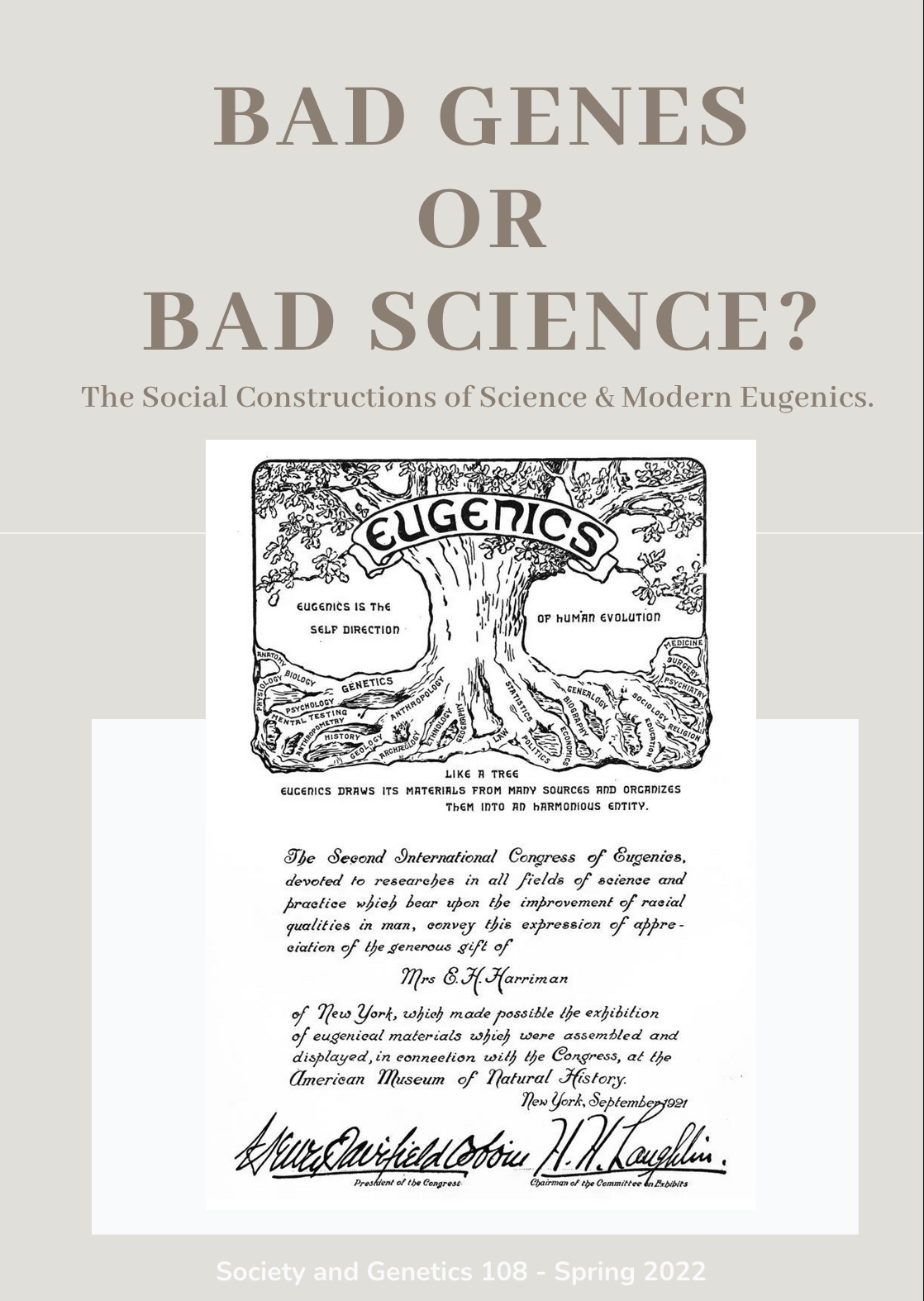Bad Genes or Bad Science? - The Social Constructions of Science & Modern Eugenics

Spring 2022 People's Choice Award
By: Heidi Ibarra-Castillo, Wai Yan Aldi Chan, Annalyn Diaz, Alexis Duke, Chidinma Ikonte, Nathan Mariano
Who wants to be “eugenicized”?
With increasing access to genetic screening and ancestry technologies, prospective parents now have the option of discovering genetically-based traits about their potential children. Some of these traits have been deemed less desirable than others, such as the presence of genetic disorders like cystic fibrosis, or disabilities like deafness, and can lead parents to selectively abort potential children who may inherit these traits. This raises the following question: What defines disability, and where can we draw the line between a parent’s freedom of choice versus contributing to eugenics, where certain traits are systematically eradicated? The traits we have decided to focus on to further analyze these questions with a biological lens are deafness, Down Syndrome, and cystic fibrosis, in addition to other disabilities that do not carry the same social stigma like diabetes. Now understanding the biological mechanisms for disease and prevention through genetics technologies, we hope to investigate the sociocultural implications regarding the bioethics that seek to dismantle modern eugenics and empower disabled communities. Looking at relevant law and legislations would also grant insight into the legal aspect of eugenics through investigating specific court cases and regulations.
comments powered by Disqus